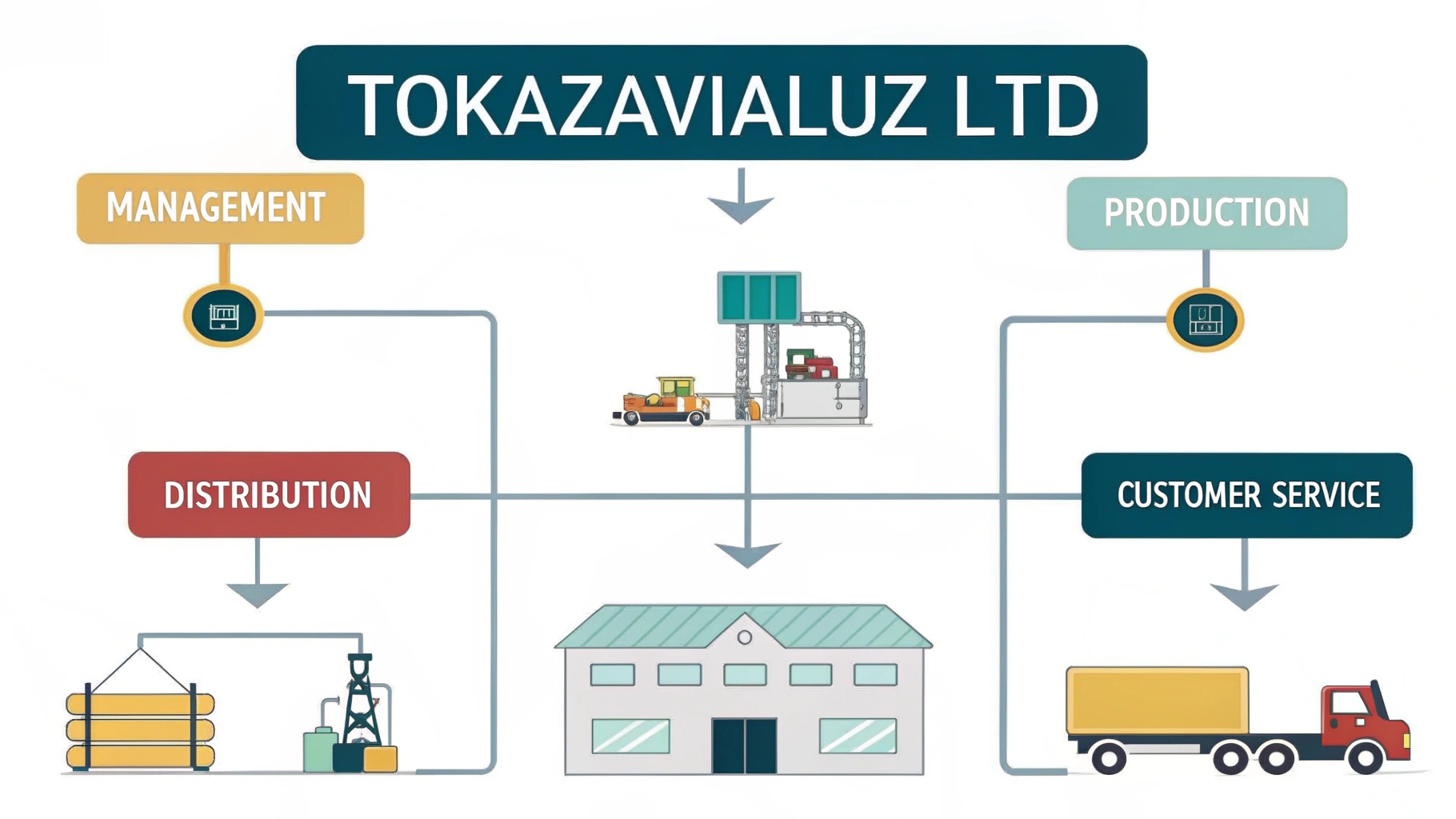Regenerative medicine has been gaining attention as a cutting-edge approach in healthcare, offering new possibilities for addressing a variety of conditions. Regenerative medicine takes a different approach from traditional treatments. Instead of just managing symptoms or targeting isolated issues, it works with your body’s natural ability to heal and restore itself. This innovative method supports your body’s own healing processes, offering a more holistic path to recovery.
How is Regenerative Medicine Different?
Regenerative and traditional medicine both bring something valuable to the table, each working best in different situations. Traditional medicine focuses on managing symptoms and slowing disease progression through methods like medication or surgery, making it helpful for acute conditions or immediate relief.
Regenerative medicine, however, aims to repair and restore tissues at a cellular level, leveraging the body’s natural healing abilities. While traditional approaches may be ideal for quick intervention, restorative medicine can be more effective for long-term healing and recovery. The choice between the two depends on the specific needs and goals of the patient. Here are some of the core approaches that make this field distinct:
Use of Biologics like stem cells or platelet-rich plasma (PRP) to promote healing within tissues.
Restorative Techniques, which aim to rebuild damaged tissues rather than replacing them with synthetic materials or devices.
Regeneration Over Replacement, contrasting with traditional transplants or prosthetics.
These differences make this type of medicine appealing for those seeking innovative approaches to target the underlying causes of specific health issues.
How Does Regenerative Medicine Work?
At its core, resstorative medicine harnesses the power of cells, tissues, and bioengineered materials to repair or regenerate damaged areas of the body. This process often involves introducing therapeutic agents into the body to stimulate restorative processes. A few of the key methods within this field include:
- Stem Cells: These are undifferentiated cells that can transform into a variety of cell types. When administered, they may help repair damaged tissues or support the regeneration of new cells.
- Platelet-Rich Plasma (PRP): Derived from a patient’s own blood, PRP contains growth factors that support healing and repair.
- Tissue Engineering: This involves creating bioengineered tissues that can replace or repair damaged areas.
It’s worth mentioning that the effectiveness and application of these methods depend on a variety of factors, including the patient’s condition and the healthcare provider’s expertise.
When Should You Consider Regenerative Medicine?
Deciding whether this type of medicine is right for you depends on a range of personal circumstances and health conditions. You might explore this field if you’re seeking alternative ways to support recovery, particularly if traditional approaches haven’t been sufficient. Common areas where regenerative medicine is being explored include joint health, soft tissue injuries, and certain age-related conditions.
That said, it’s always a good idea to consult a healthcare professional to determine what options are most appropriate for your specific needs. They can provide guidance on the potential benefits, risks, and limits of regenerative therapies, to help make sure you’re making an informed decision.
Curious to know more?
Regenerative medicine is a field worth exploring if you’re curious about modern healthcare options that aim to tap into the body’s natural potential for healing. While it’s not a one-size-fits-all solution, it offers exciting possibilities for addressing challenges in maintaining well-being. If you’re interested in discovering more about restorative medicine, its methodologies, and its potential applications, take the next step. Reach out to a specialist or healthcare provider who can share further insights and explore whether this approach aligns with your needs.





